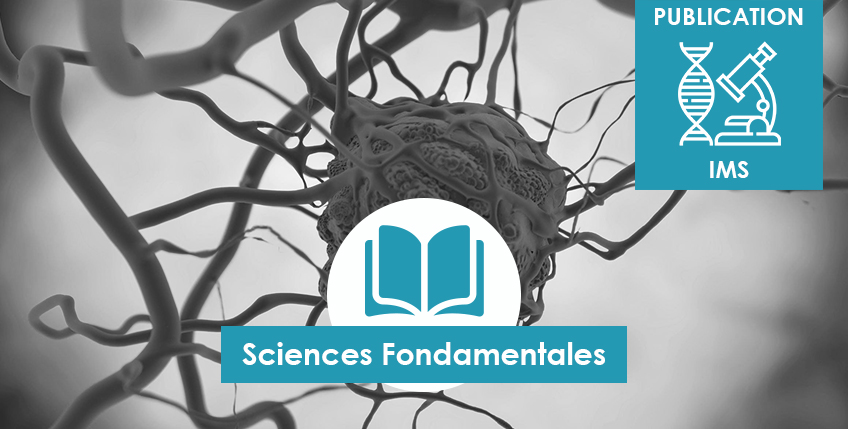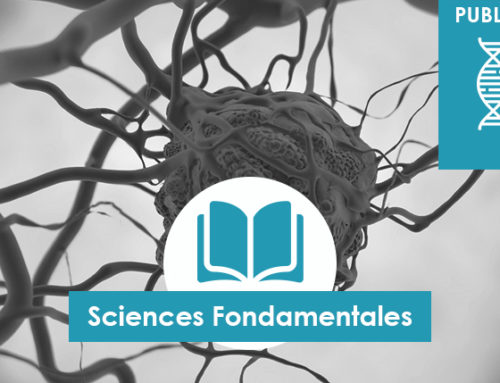NFATc2-rearranged sarcomas: clinicopathologic, molecular, and cytogenetic study of 7 cases with evidence of AGGRECAN as a novel diagnostic marker
Modern pathology, avril 2020
Perret R, Escuriol J, Velasco V, Mayeur L, Soubeyran I, Delfour C, Aubert S, Polivka M, Karanian M, Meurgey A, Le Guellec S, Weingertner N, Hoeller S, Coindre JM, Larousserie F, Pierron G, Tirode F, Le Loarer F
doi : 10.1038/s41379-020-0542-z
https://www.ncbi.nlm.nih.gov/pubmed/32327700
Abstract
NFATc2-rearranged sarcomas (NFATc2-Sarcomas) are infrequent round cell tumors characterized by EWSR1-NFATc2 fusions and FUS-NFATc2 fusions. Although our knowledge on these neoplasms has increased recently, novel diagnostic tools and more comprehensive series are still needed. Here, we describe the features of a series of seven molecularly confirmed NFATc2-Sarcomas (EWSR1-NFATc2, n = 4; FUS-NFATc2, n = 3) and demonstrate the utility of AGGRECAN immunohistochemistry for their identification. Patients were four males and three females, ranging in age from 19 to 66 years (median: 33). All were primary bone tumors (femur, n = 4; tibia, n = 2; ilium, n = 1), frequently infiltrating the surrounding soft tissues. Treatment often consisted of neoadjuvant chemotherapy and surgery. Follow-up was available for six patients (median 18 months, range 5-102 months), three patients died of disease and four patients are currently alive. Histologically, tumors consisted of monotonous round cells growing in lobules and sheets in variable amounts of fibrous to myxoid stroma. Other findings included spindle cells, corded and trabecular architecture, nuclear pleomorphism, cartilaginous differentiation, and osteoid-like matrix. Histological response to neoadjuvant chemotherapy was poor in all resection specimens available for review (n = 4). Tumors were diffusely positive for AGGRECAN and CD99 (7/7), and a subset expressed Pan-Keratin (AE1-AE3; 3/6), S100 (2/6), BCOR (2/6), ETV-4 (2/5), WT1 (2/6), and ERG (2/5). Desmin, NKX3-1, and SATB2 were negative (0/6). Diffuse AGGRECAN staining was also seen in 8/129 round cell sarcomas used for comparison, including mesenchymal chondrosarcoma (7/26) and CIC-sarcoma (1/26). Array-CGH showed complex karyotypes with recurrent deletions of tumor suppressor genes (CDKN2A/B, TUSC7, and DMD) in three FUS-NFATC2 cases and a simpler profile without homozygous losses in one EWSR1-NFATc2 case. Segmental chromosomal gains covering the loci of the fusion genes were detected in both variants. Overall, our study confirms and expands previous observations on NFATc2-sarcomas and supports that AGGRECAN is a useful biomarker of these tumors.




